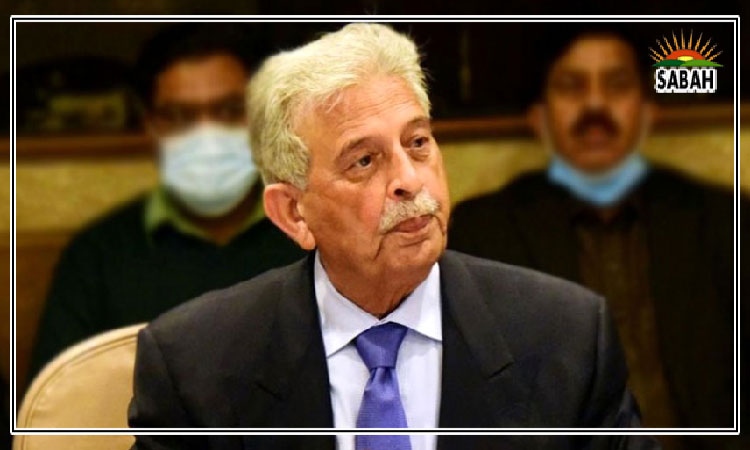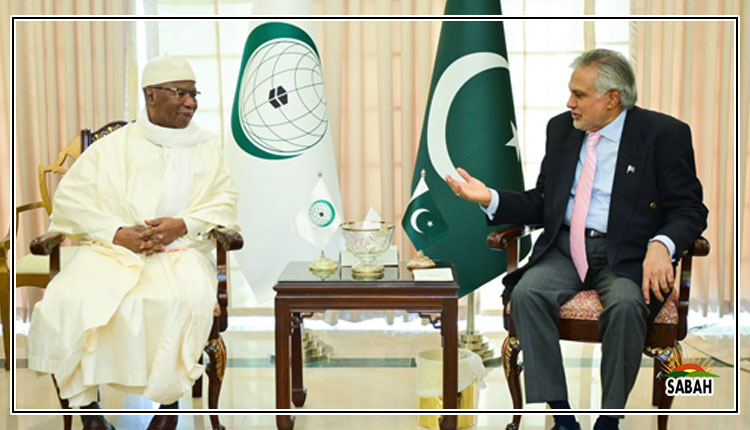The G-20 meeting in Srinagar…Rustam Shah Mohmand
India, as the current President of G 20, is hosting a meeting of the group in Srinagar, Kashmir from 22nd to 24th May. G-20 is a grouping of 19 countries plus the European Union.
The holding of the conference on tourism in the Himalayan valley has raised questions about the motive of the sponsors of the moot. The area is disputed under the UN resolutions. Both India and Pakistan have gone to war three times since the partition in 1947 over the disputed territory. Not only that, a full-scale insurgency in the valley has caused thousands of casualties and huge damage to property. The insurgency has gained further momentum since 2019 when India dismantled the status of the territory that resulted in the abolition of the separate state and the creation of two federal territories i.e. Jammu & Kashmir and Ladakh. These federal territories are being governed from Delhi.
Observers are unanimous in their assessment on the selection of Srinagar as the venue for an international gathering. The motive behind the initiative is to project normalcy in the valley contrary to the perception that India is engaged in repression of the people and its armed forces have committed grave violations of human rights.
Whether the move would work as intended remains to be seen. But the reality is that an overwhelming majority of the countries in the G 20 would continue to maintain cordial and mutually productive and beneficial relations with India. Most of these countries would take decisions in their own national interests that dictate continued political, trade and commercial interaction with the worlds fifth biggest economy. In addition, Indias record (except for its atrocities in Kashmir) as a democracy is a model for developing countries. Just weeks ago India, with a population of 1.4 billion, surpassed China as the worlds most populous country. It is thus understandable for the world to be eager to develop warm and fruitful relations with India.
But China has decided not to attend the meeting because it is being held in the disputed area. China has once again expressed its solidarity with Pakistan. This is a remarkable step supporting Islamabads narrative of an area that has been seeking the right of self-determination in accordance with the UNSC resolutions. Given that China and India have a bilateral trade in billions of dollars, the move to abstain from the meeting is even more admirable. Once more China has stood by Pakistan on an issue of such relevance to Islamabad.
What would the conference achieve? World tourism is increasing. New avenues are being discovered. There is tremendous scope and potential for expansion although the economies are getting a hit because of climate change, Ukraine war, rapid increase in population, growing poverty, etc.
There is undoubtedly enormous potential for tourism in Kashmir. But for that to materialise the foremost need is for peace and tranquility in the region. Tourists will be attracted to area to marvel at its breathtaking beauty only when there is peace and security in the area. As a prerequisite, the separate status of Kashmir has to be restored. And work would have to seriously start on a formula for peace. One such formula was presented by Pakistan in 2004 and was almost accepted by India. That would mandate sanctity for the current borders, opening of trade, visits across the Line of Control, etc. Those measures were expected to create an environment for durable peace after a period of time. Sustainable peace between the two nuclear armed neighbours would transform lives, ushering in an era of progress and prosperity for more than one fifth of humanity.
Holding of an international conference in Kashmir to showcase the peace and progress of the area may be a smart move. But Delhi would be advised to focus on the root cause of the malaise and take steps to undo the amalgamation and merger of the state that destroyed its identity, its core values and plunging the region into a turmoil that does not seem to be ending.
Courtesy The Express Tribune












